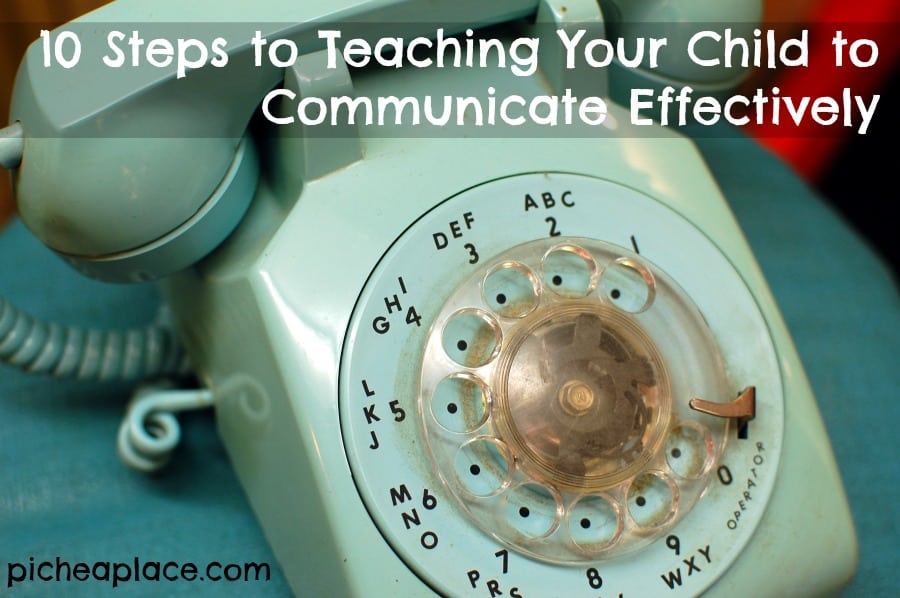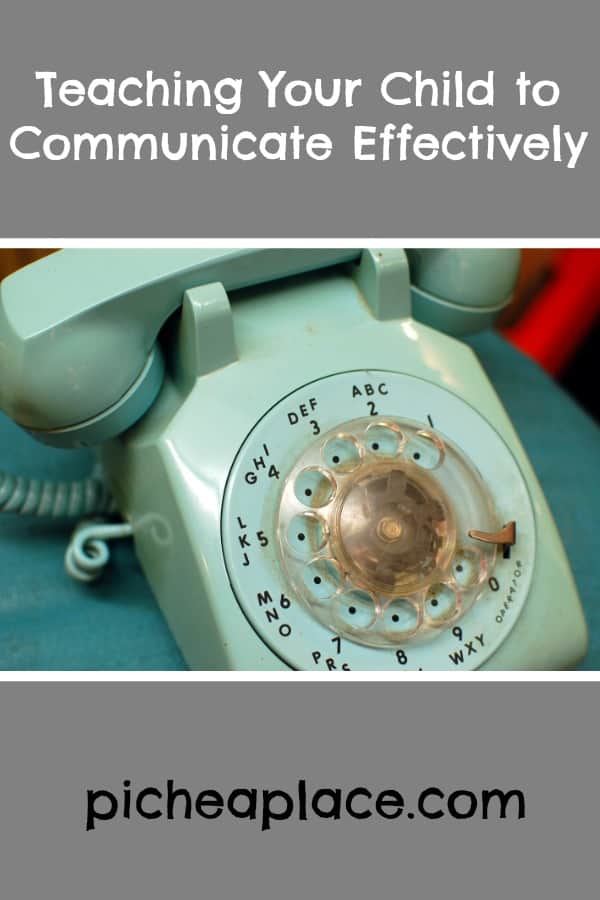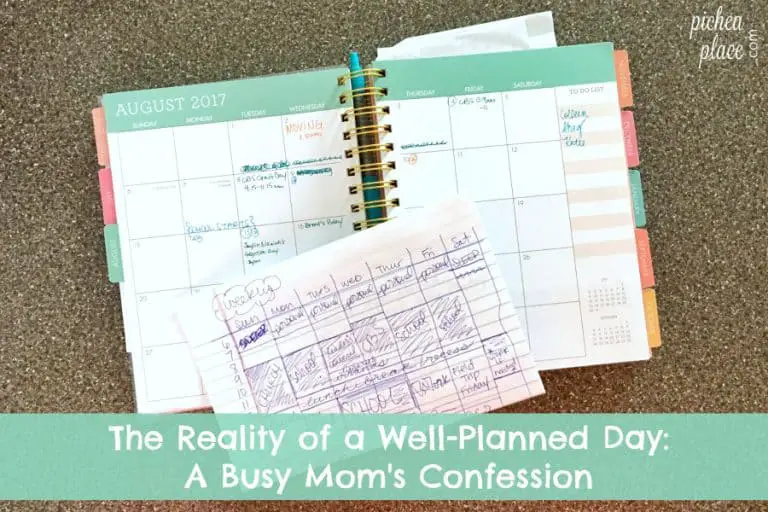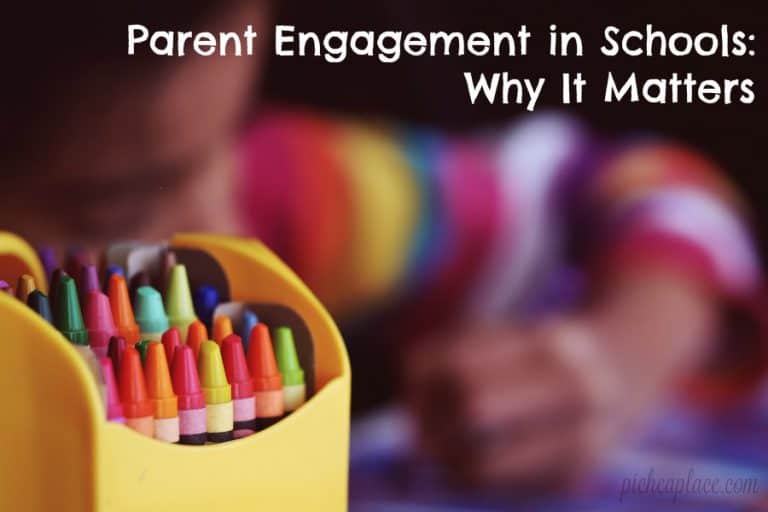10 Steps to Teaching Your Child to Communicate Effectively
Effective communication is the foundation to success. When one can communicate well, they have a greater advantage over those who don’t. Communication starts long before adulthood. In fact, learning to communicate effectively starts even before a child can talk. Let’s look at some ways to help your child learn to communicate effectively.

1. Start early.
Most parents don’t think about effective communication skills when their children are babies; however, that is the ideal time to start. While babies don’t understand specific words, they do recognize voices and they are affected by tone of voice.
With babies, practice using different tones such as surprised, happy, sad, loud, soft, high, low, etc. Be available to your children, regardless of their ages.
2. Teach listening skills.
Good communication skills start with being a good listener. Show your child that you are interested in what they have to say. Do this by fully facing the child, giving them eye contact & nodding affirmatively. Smiling, changing facial expressions according to what is being said and holding comments until your child is finished talking will also show you are paying attention. These visual cues all tell your child that you are listening and what they are saying is important to you.
In turn, when speaking to your child, ask them to repeat back to you in their own words what you said. Clarify anything they misunderstood and praise them when they get it right. This teaches them good listening skills… something that is severely lacking in our society.
3. Ask the right questions.
At times, children need you to get the ball rolling by helping them open up. The key to doing this is to ask an open-ended question, which has no right or wrong answer.
Begin with who, what, where, or how. An example would be, “What did your friend do that made you mad? “
Stick to asking one question if you can, too many questions may make children close up. Sometimes children pause to think about what they want to share next so be careful not to jump in with another question too quickly.
4. Confirm your understanding.
After the child has talked a bit and there is a lull in the conversation, confirm that you understood what was said by rephrasing what you heard. For example, “It sounds like your feelings were hurt when your friend ignored you.”
If you misunderstood something or your child wants to add more details, this is a great way to get input from your children.
5. Convey your feelings.
Talk to your child about your feelings and encourage them to open up about theirs too. When doing so, start your sentences with “I” not “You”. For example; you might say “I get upset when you….” instead of “You make me mad when…”
This teaches your child how to speak directly about their feelings so others will understand. It’s a skill that will especially useful later in life when they life and work with others.
6. Have them give presentations.
The sooner you get your child talking in front of others, the more confident they will become.
Ask your child to give a presentation about something they like. This can be done at just about any age, just ensure the topic, length and difficulty of the presentation is age appropriate. For the first couple of times, have them present it just to you. Then expand their audience to include others in the family, family friends, neighbors or even places like retirement homes.
Teaching them how to present themselves in a calm, confident manner will boost their success in adulthood.
7. Read together.
Stories are great fun and kids of all ages love them. Read a book together and talk about what’s happening in the story. Ask them what they think or feel. Let them talk about what they see in the pictures, what they would have done in the situation and what they think will happen further into the story.
Encourage them to be descriptive so they learn to use those words regularly.
It will also teach them to listen while others are speaking as well as to look deeper, beyond words, into a story.
8. Play games with them.
Have your young child pretend to talk to you on the phone. Ask them simple questions to keep the conversation going. Once they are a bit older, encourage them to talk for a few minutes several times a week to a grandparent, sibling or a parent.
Gradually increase the length and complexity of the conversation.
Play 20 questions. This can be played with the whole family. Sit at the table and choose one person to answer 20 questions. Once they finish, that person gets to choose the next person to answer questions. This teaches kids direct communication skills.
Changing the leader is a game that teaches nonverbal communication skills. It’s played with two or more people. The leader gives nonverbal cues such as a smile, point or wink and the others in the group have to follow it. After a few different cues, the leader gives the leading role over to someone else who then comes up with their own nonverbal cues.
9. Eliminate distractions.
Your child wants to talk with you. Make the conversation top priority.
Show your child that he or she is important and that you respect them. Eliminate all distractions. Turn off the cell phones and television. Put the paper down. Close the book.
Doing these types of things before a conversation starts, helps to keep you, your children, and the conversation on track. It also shows them that paying attention to others is an important aspect of good communication.
10. Communicate on their level.
Talk with your child at their level, both physically and verbally. When your face is level with your child’s, it instills trust, among other things.
Use words that your child will understand. If you use a word they aren’t familiar with, make sure you restate the thought using a familiar word. Keep conversations loving and warm, yet, short and to the point with very young children.
How well a child communicates not only to you as the parent but to their siblings, peers and eventually co-workers and their own families can make a difference in how successful they are.

original image source: https://www.flickr.com/photos/stevensnodgrass/5368522743






